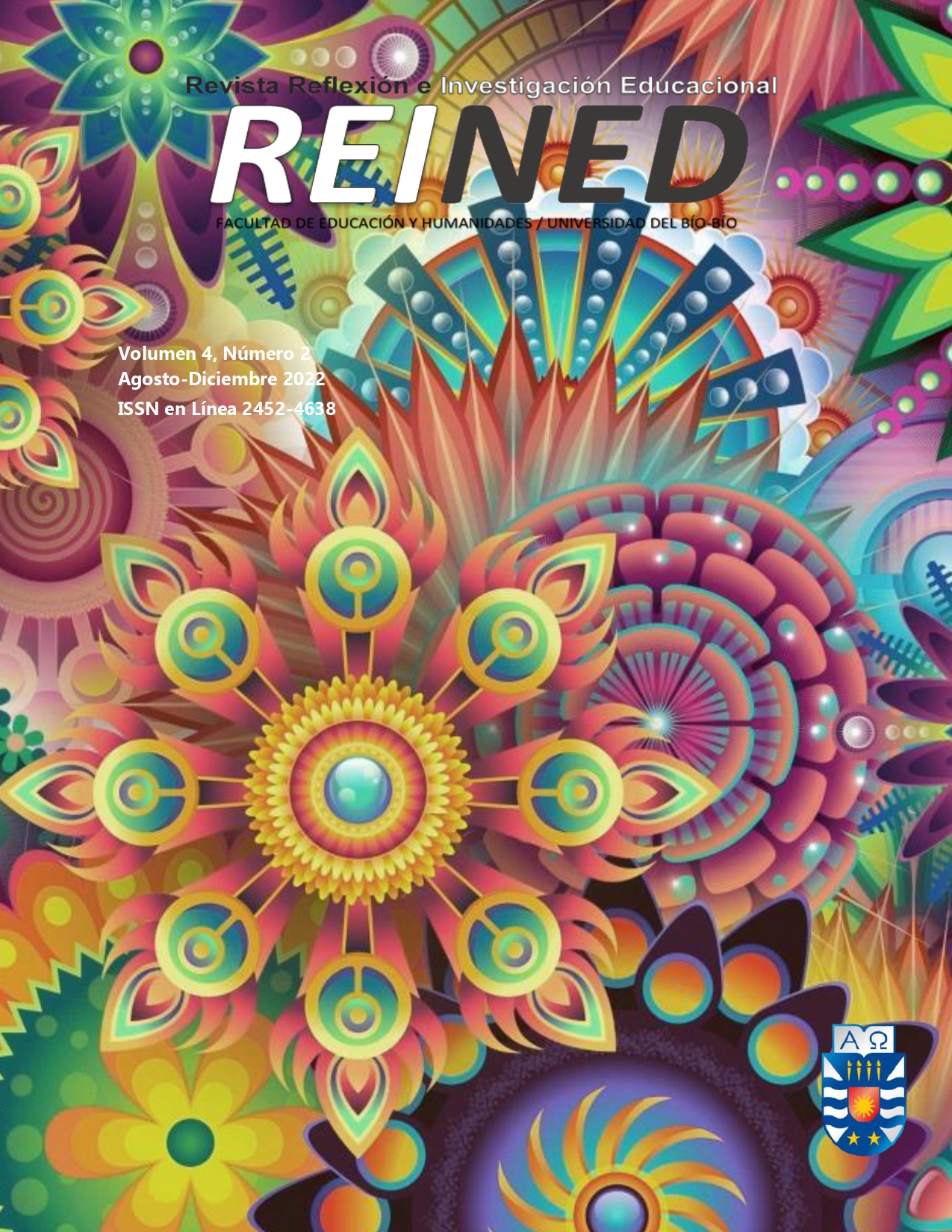Metacognitive evaluation of student teachers
Main Article Content
Abstract
A self-regulated and metacognitive approach to student learning has profound implications on how teachers interact with students and the way they assume evaluative practices. Because of its relevance, this paper presents the development, application, and analysis of a metacognitive self-assessment instrument in a first-semester course of the Pedagogy in History, Geography, and Social Sciences degree at a private university in the south of Chile. The instrument was constructed based on Marzano & Kendall's taxonomy, with an emphasis on regulation. Its application allowed, firstly, showing that the metacognitive instrument, with a regulatory purpose, was well receiving and understanding by young people. Secondly, the results show that future teachers are clear about the strengths and weaknesses that have an impact on their learning. Thirdly, it is clear that the effectiveness and monitoring of processes must be worked on with the students. Therefore, self-regulation and metacognition, as processes derived from evaluation, need to be incorporated into the training processes of future teachers in order to contribute to the improvement of the school evaluation culture.
Article Details
References
Arias, M., Coronado, V., Rolla, A., Romero, S. y Rivadeneira, M. (2011). Didáctica de la lectoescritura 1. Para una construcción guiada de las competencias de lenguaje. San José, Costa Rica: EUNED.
Bogantes, J. y Palma, K. (2016). La regulación continúa de la enseñanza y del aprendizaje desde el evaluar para aprender. Una experiencia de la cátedra didáctica del lenguaje. Innovaciones educativas, 13, 59-72. DOI: 10.22458/ie.v18i24.1507 DOI: https://doi.org/10.22458/ie.v18i24.1507
Deulofeu, J. y Vilallonga, J. (2018). Resolución de problemas y regulación del aprendizaje. Educatio Siglo XXI, 36 (3), 153-176. DOI: 10.6018/j/349951 DOI: https://doi.org/10.6018/j/349951
De la Fuente, J. y Justicia, F. (2003). Regulación de la enseñanza para la autorregulación del aprendizaje en la Universidad. Aula Abierta, 82,161-171.
Gallardo, K. (2009). Manual Nueva Taxonomía Marzano y Kendall. Fecha de consulta: 27 de julio de 2022. Disponible en: http://www.cca.org.mx/profesores/congreso_recursos/descargas/kathy_marzano.pdf
Martín, A. (2011). Competencias del estudiante autorregulado y los estilos de aprendizaje. [Versión electrónica]. Revista Estilos de Aprendizaje, 8 (8), 136-148. DOI: 10.55777/rea.v4i8.940 DOI: https://doi.org/10.55777/rea.v4i8.940
Marzano, R. J. & Kendall, J.S. (2007). The new taxonomy of educational objectives. California. EE.UU.: Corwnin Press.
Rule, P. & Mitchell, J. (2015). A Necessary Dialogue: Theory in Case Study Research. International Journal of Qualitative Methods, 1-11. DOI: 10.1177/1609406915611575 DOI: https://doi.org/10.1177/1609406915611575
Sanmartí, N. (2007). Evaluar para aprender. 10 ideas clave. Barcelona, España: Grao.
Silenzi, M. (2012). Algunos aportes del enfoque incrustado de las Ciencias cognitivas a las ciencias de la educación. El rol del entorno en las prácticas educativas. Prometeica, 6, 48-65. DOI: 10.24316/prometeica.v0i6.31 DOI: https://doi.org/10.24316/prometeica.v0i6.31
Stake, R. (1999). Investigación con estudio de casos. Madrid: Ediciones Morata.
Zimmerman, B. (1990). Aprendizaje autorregulado y académico. Logro: Una visión general. Psicólogo Educativo, 25(1), 3-17

